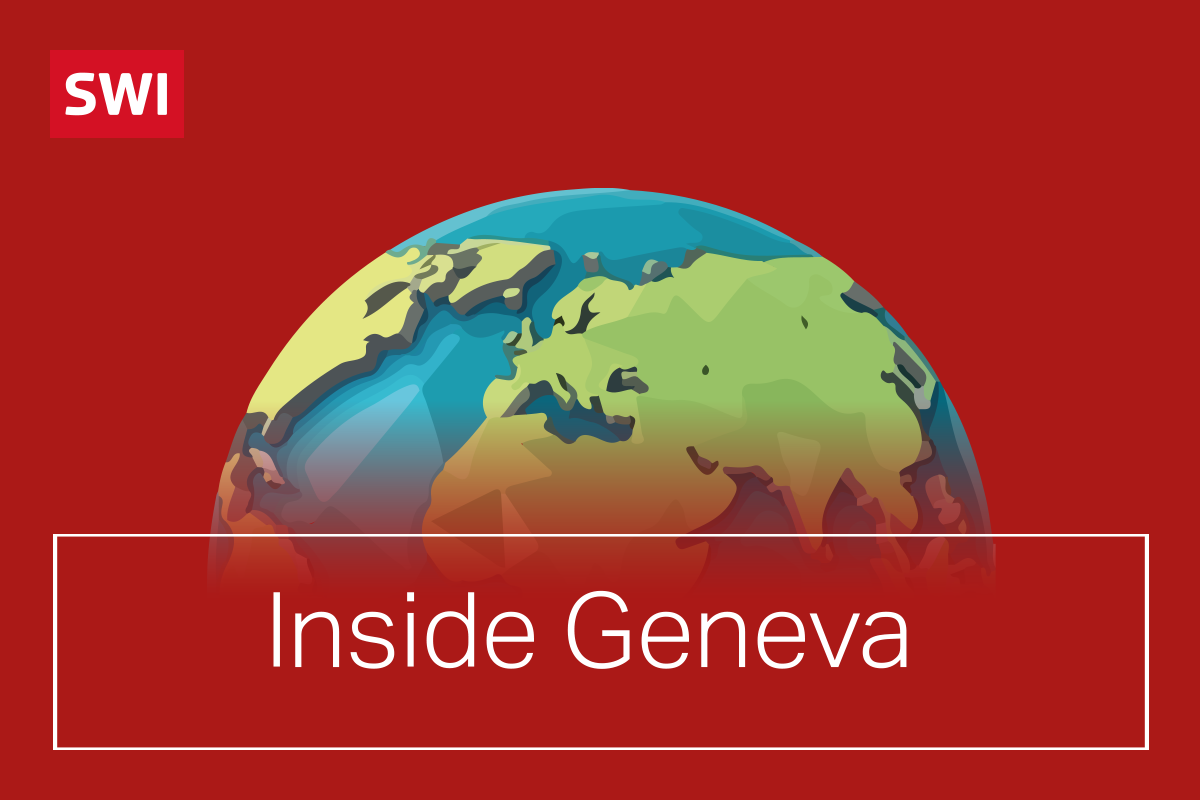
Afghanistan: can aid agencies keep going?
On Christmas Eve, as most in Geneva were heading home in the hope of a peaceful few days off, an announcement arrived from Kabul. The Taliban, Afghanistan’s de facto government, said women would no longer be permitted to work for non-governmental organisations.
“So cynical,” said one Geneva-based human rights specialist. “Doing it when they think we’ll be distracted by the holidays.” A tactic, he pointed out, similar to authoritarian regimes who schedule a slew of executions on days when they expect human rights groups and governments likely to be critical to be looking the other way.
In fact, despite the timing, the chorus of dismay was swift, and unanimous. The new United Nations human rights chief Volker Türk made it clear the Taliban decree was “absolutely not workable, we will have to deliver to whoever is in need. There are humanitarian principles that apply to everyone everywhere, there is no exception.”
Life for women in Afghanistan was already very difficult; the Taliban has decided they are no longer able to attend either secondary school or university. Their country is in the grip of a huge humanitarian crisis in which two-thirds of the population need support, six million are on the verge of famine, and, as ever, women and children are among the most vulnerable.

More
Inside Geneva: aid without women in Afghanistan
No access
If women in Afghanistan are supposed to stay at home, or venture out only when shrouded in a hijab and accompanied by a male “chaperone” and if humanitarian aid is now only to be delivered by men, then how will vulnerable women be reached? This is the question aid agencies are asking, and it’s our subject for this week’s Inside Geneva podcast, where we bring together Felipe Ribeiro from Médecins Sans Frontières’s (MSF) office in Kabul, Adam Combs from the Norwegian Refugee Council (NRC) in Oslo, and Pooja Patel of the International Service for Human Rights here in Geneva.
The line from Kabul is a little crackly, but please do listen as Ribeiro explains why “there is no way to just drop Afghanistan and leave”. The needs are just far too great, most of the infrastructure you expect from a functioning state – health, banking – does not function in Afghanistan. MSF-supported hospitals delivered thousands of babies last year, 51% of MSF’s medical staff, or 900 doctors, nurses and midwives, are women.
MSF now fears it will become virtually impossible for Afghan women to seek medical help, but it has promised to continue its work, with its current staff, female and male. There is one ray of hope: MSF works in health, and for now Afghanistan’s ministry of public health has suggested that in the health sector, the ban on women working may not apply.
But it’s only a suggestion, Ribeiro readily admits his organisation does not know if the next days and weeks will bring new decrees, and more restrictions. Meanwhile other aid agencies work under the supervision of Afghanistan’s ministry of economy, which issued the decree banning women, and female staff have been told to stay at home. This has prompted a number of NGOs, including the Norwegian Refugee Council, Care International and Save the Children, to temporarily (they hope) suspend their operations.
“We have not suspended our activities voluntarily,” NRC’s Combs tells Inside Geneva. “We have been forced to suspend our activities simply because we are not able to do our humanitarian job without our female colleagues with us.”
NRC works primarily with refugees and the displaced. Over decades of conflict, millions of Afghans have been forced to flee, sometimes multiple times. They need shelter, and this is what NRC was, until now, providing. It has helped 870,000 in the last year alone.
Change of mind?
So what’s the way forward? Aid agencies absolutely do not want to give up, but neither are they prepared to work in a way that compromises their principles and denies support to half the population.
NRC’s secretary general Jan Egeland is travelling to Afghanistan this week in the hope of a change of mind. His message: “no group can or should work with male staff only; millions will suffer, and lives will be lost if the ban is not immediately revoked.”
The UN’s emergency relief chief Martin Griffiths has said he will be heading to Kabul in the coming days too. Although the UN has, so far, not been included in the Taliban’s decree, the big UN agencies work jointly with NGOs like NRC and Save the Children, so the UN has had to “pause” some crucial work.
Fundamental rights
At its roots, the Taliban strategy undermines the most fundamental rights of Afghan women; the right to health, the right to education, and the right to earn a livelihood. Patel of the International Service for Human Rights tells inside Geneva “these are acts committed for the purpose of creating dominance and systemic oppression”.
She points out that, following the Taliban takeover in August 2021, many Afghan human rights activists, particularly women, fled the country and those that remain are working in highly challenging conditions.
Aid work has been a vital channel of information about the lives of women in Afghanistan, Patel explains, and the challenges they are facing. When that aid work stops, not only does the support for women stop, a crucial, impartial picture of how Afghan women live disappears.
It’s a great discussion, so please do join us on Inside Geneva to hear it in full.

In compliance with the JTI standards
More: SWI swissinfo.ch certified by the Journalism Trust Initiative































You can find an overview of ongoing debates with our journalists here . Please join us!
If you want to start a conversation about a topic raised in this article or want to report factual errors, email us at english@swissinfo.ch.